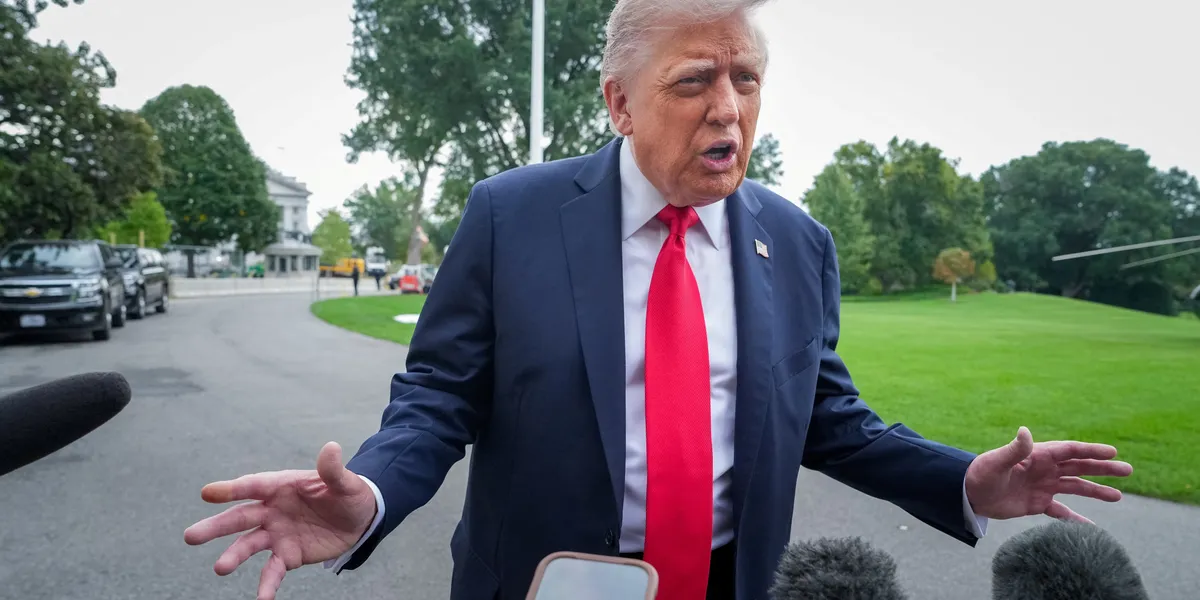By Jorge Enrique Mújica
Copyright zenit

(ZENIT News / Rome, 09.28.2025).- How does the Catholic Church in the United States decide who is truly ready to be ordained a priest? A new, wide-ranging study conducted by Georgetown University’s Center for Applied Research in the Apostolate (CARA), in collaboration with Notre Dame’s McGrath Institute for Church Life, suggests that while seminaries and dioceses have made measurable progress in evaluating candidates, the process remains uneven—particularly when it comes to psychological health and long-term suitability.
The study, launched in 2024 at the request of Fr. Thomas Berg of the McGrath Institute, surveyed five groups deeply embedded in seminary formation: bishops, vocation directors, seminary rectors, formators and spiritual directors, and mental health professionals. Taken together, their responses paint a nuanced portrait of how the Church in the U.S. navigates the discernment of vocations in a cultural climate where fewer men enter seminaries, and greater scrutiny is placed on how candidates are formed.
On the surface, satisfaction is high. More than four out of five bishops and vocation directors say they are generally pleased with the quality of seminary formation, and rectors report regular program evaluations. Confidence is particularly strong in areas such as seminarians’ openness to spiritual growth and their willingness to engage in self-reflection. These traits, the study notes, remain central to discernment, given the Church’s understanding of priesthood as a lifelong process of conversion.
Yet beneath this confidence lies a series of weak spots. Across the board, respondents expressed less certainty about seminarians’ ability to manage minor psychological issues, live with physical limitations, or cope with learning disabilities. Mental health professionals, while affirming the value of initial psychological evaluations, were notably skeptical about how consistently those evaluations translate into long-term pastoral readiness. Only about half believe such tools reliably predict how well a man will later function as a priest.
The role of psychological services emerged as one of the most contested issues. Bishops and vocation directors readily acknowledge the importance of ongoing mental health input, but seminary leaders and professionals differ sharply on how integrated such services actually are. While some rectors described the presence of full-time psychologists on campus as transformative, others admitted that mental health staff rarely contribute to formation team discussions. Mental health professionals themselves urged clearer standards, more frequent testing, and greater transparency in how their evaluations are used.
One of the study’s most sensitive findings involves sexuality. Large majorities of bishops and vocation directors reported directly asking candidates about experiences of same-sex attraction, in line with Vatican guidelines first issued in 2005. By contrast, fewer than half of rectors and formators said they raised the subject. This inconsistency, combined with divergent interpretations of terms like “transitory” or “deep-seated” tendencies, points to a lack of clarity at precisely the moment when the Church continues to face questions about sexual maturity and integrity in its clergy.
The research also highlights the human complexity of vocation. Respondents were asked how they determine whether a man has sufficiently worked through personal trauma. The answers reveal a pastoral instinct as much as a scientific one: openness to therapy, transparency with formation teams, evidence of growth in prayer and self-awareness, and the ability to integrate past wounds into a mature spiritual life. In some cases, the recommendation was clear: candidates may need to leave formation temporarily to pursue deeper healing before returning.
Perhaps most striking is the tension between quality and quantity. Around two-thirds of seminary personnel believe that some dioceses prioritize filling their ranks over rigorous discernment. Moreover, both bishops and vocation directors admitted that in the past decade they had occasionally overruled seminary recommendations—sometimes advancing a man despite a negative assessment, other times halting the progress of someone whom seminary staff had endorsed.
CARA’s report does not prescribe solutions, but it does hint at a way forward: stronger integration of psychological expertise, clearer standards for evaluations, and a more consistent approach to sensitive areas like sexuality and trauma. It also underscores the importance of humility, recognizing that no evaluation tool can fully predict how a candidate will grow—or fail to grow—over the decades of priestly ministry.
The stakes are high. In an era when public trust in the priesthood has been shaken by scandal, and when fewer men discern a vocation, ensuring that those who do are well-prepared is more than an administrative task—it is a matter of ecclesial credibility.
As the Church continues to measure the authenticity of a man’s call, this study suggests that the process itself requires ongoing conversion: a willingness to admit what is working, what is not, and where deeper wisdom is still needed.
Full study results.
Thank you for reading our content. If you would like to receive ZENIT’s daily e-mail news, you can subscribe for free through this link.



